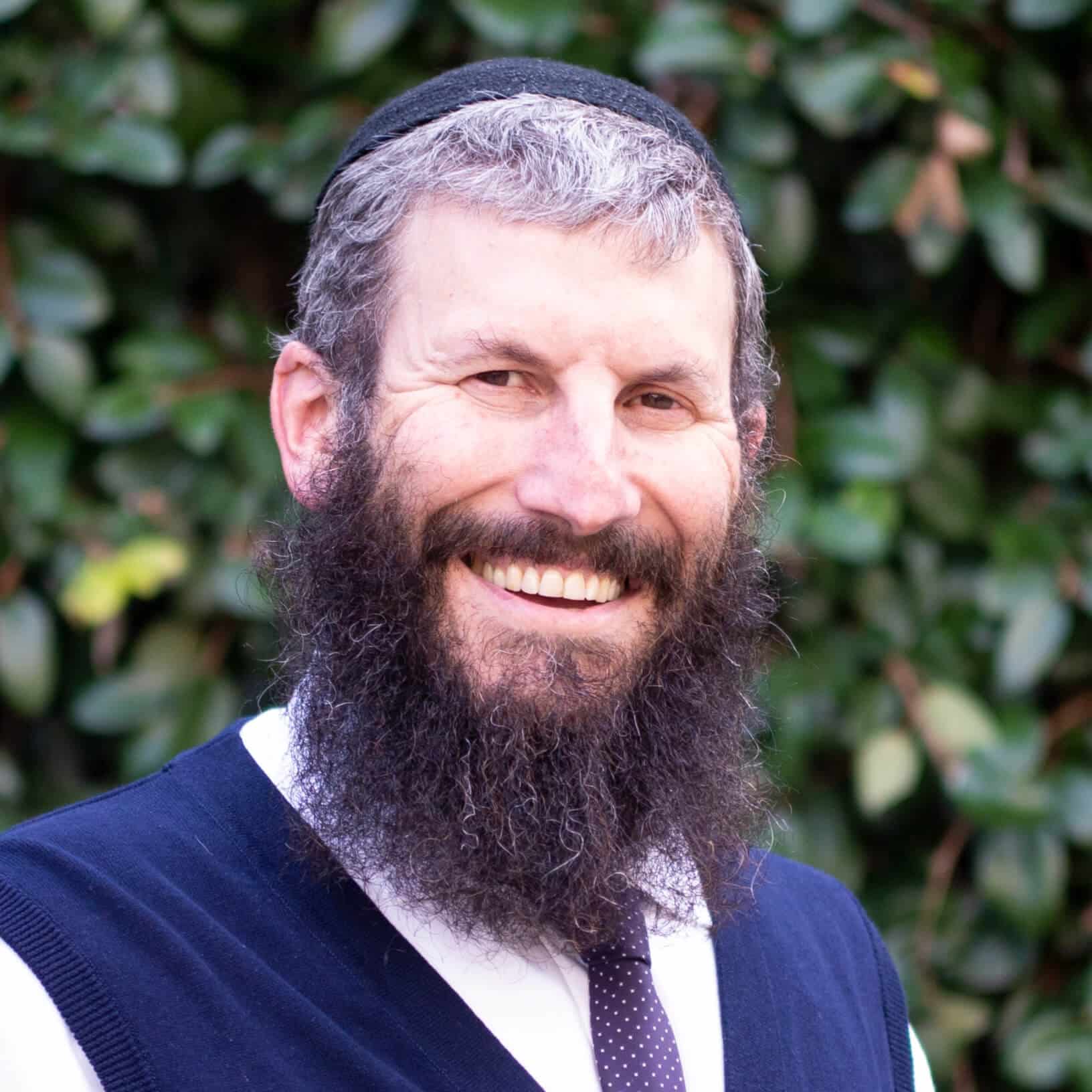
The Jewish community must learn several important lessons from the civil rights movement if they want to end the occupation of US campuses by anti-Israel and antisemitic groups.
Our Nation is founded on the principle that observance of the law is the eternal safeguard of liberty, and defiance of the law is the surest road to tyranny.- John F. Kennedy REPORT TO THE NATION ON THE SITUATION AT THE UNIVERSITY OF MISSISSIPPI, SEPTEMBER 30, 1962
First Lesson: Where do we aim our efforts?
The “enemy” in this struggle to make campuses safe for Jewish students is the status quo that allows universities to disregard Jewish students’ safety and well-being, maintain double standards in the enforcement of campus rules, and refuse to hold students and faculty accountable for illegal and discriminatory actions.
While fair-minded people find the opinions of students or faculty who support Hamas and want Israel destroyed to be vile, hateful, and wrong, the law permits them to think that way. However, they are not allowed to occupy campus buildings, deny Jewish students free passage, or create a hostile environment that interferes with learning. The organized harassing, bullying, and taunting of those who care for Israel transgresses student conduct codes and state and federal laws.
The problem is the unjust system and the philosophy that allows for discrimination against Jewish students and refuses to enforce the laws to protect Jewish students.
Rev. Dr. Martin Luther King did not focus on vilifying the people who kept the unjust systems in place; he aimed at the systems and philosophy that supported segregation. While it may feel good to attack Jew-haters, it does not make fewer Jew-haters or make the campus better for Jewish students. The problem is the unjust system and the philosophy that allows for discrimination against Jewish students and refuses to enforce the laws to protect Jewish students.
The Federal government could force universities to change their ways by demanding that they follow the law. Up until the 1960s, African Americans were barred from being students at many Southern universities. Today, this idea seems absurd, but it was once permitted. How did it get changed? By nonviolent protest movements, effective lawsuits, Federal action, and winning hearts and minds.
Title VI of the Civil Rights Act, in theory, could protect Jewish students on campus, but the agency that enforces this is understaffed and underfunded. Universities routinely settle Title VI cases and pledge to do better instead of getting penalized. But there needs to be enforcement and follow-up. The Jewish community must demand accountability from the Department of Justice and the administration to enforce the necessary laws.
Yes, it may be true that China, Qatar, and other dictatorships have bought influence on campuses. It may be true that some of the protests are being orchestrated by nation-state actors intent on sowing chaos in America. However, state and federal governments give a free pass to what is happening on campus. With a few executive orders, the US Attorney General’s office could effectively bring a halt to the occupations on campus and start to dismantle the influence of dictatorships and anti-democratic forces on our students.
One of the most powerful images from the civil rights movement is the picture of James Meridith, an Air Force veteran, entering the University of Mississippi on October 1, 1962, flanked by U.S. Marshal James McShane and Justice Department’s John Doar. The observance of the law brought about change.
Pray that it never comes to this – that Jewish students will need Federal marshals, National Guardsmen, and U.S. Army soldiers to feel safe on campus.
However, eventually, the violent pro-segregation mobs were defeated, the federal government restored order, and black students could enroll at Ole Miss and other universities.
Coming Next — Lesson Two: The righteousness of the cause for Israel on campus.
Rabbi Yonah Bookstein served as Alevy Family Campus Rabbi at the University of California, Irvine, Hillel of Long Beach State, and Hillel of USC between 2004-20012.


































 More news and opinions than at a Shabbat dinner, right in your inbox.
More news and opinions than at a Shabbat dinner, right in your inbox.